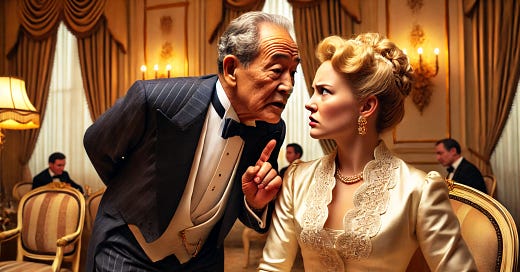South Korea's ambassadorial appointments and dwindling diplomatic effectiveness
Domestic political polarization and global competition means South Korea can no longer rely on unqualified political appointees
South Korea follows the U.S. tradition with each presidential administration appointing its own ambassadors to key posts. This means that political allies, donors, or campaign supporters will take key ambassadorial roles. The rationale is that the receiving state has better direct access to the presidential administration. This has proven true in specific historical circumstances.
However, this practice is now rooted in political expediency, and is becoming increasingly problematic. Two factors are working against the practice: (1) political professionalization and polarization has weakened the candidate pool and appointments no longer reflect qualities that puts them above career diplomats - or any other government officer; and (2) as the global order shifts and South Korea strives to enhance to take a more prominent place on the international stage, the country needs more competent, professional diplomats.
Political professionalization and polarization makes poor diplomats
As South Kor…



